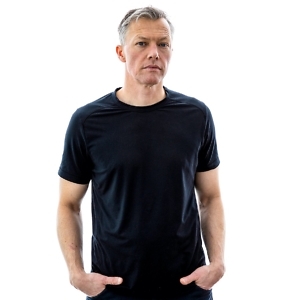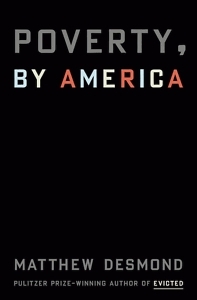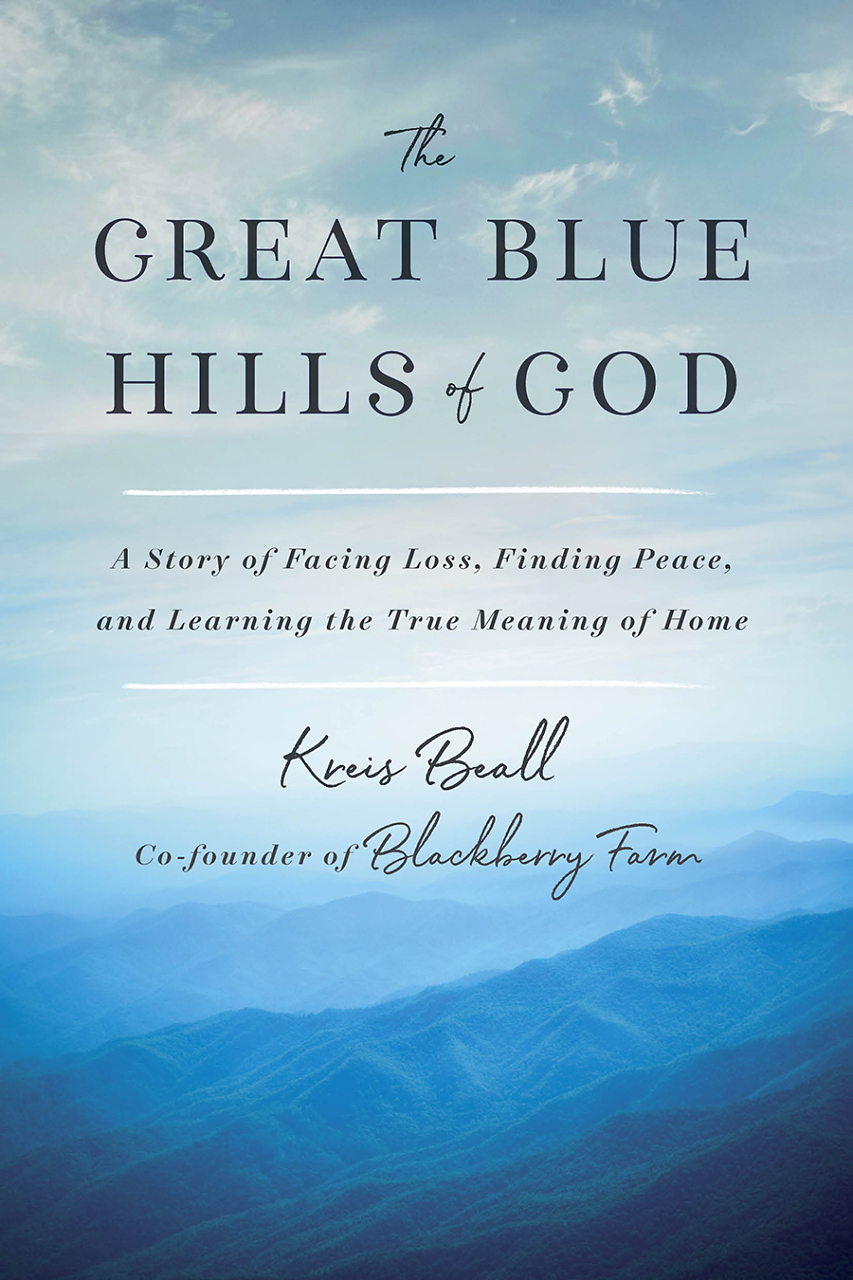Wounded Eagle
Matthew Desmond’s new book dispels myths about poverty in America
Princeton sociologist Matthew Desmond, author of Poverty, By America, has been interested since childhood in the complexities of poverty, what keeps people poor, and the miserable entrapments that accompany this condition for those who have never known economic security.

The son of a small-town Arizona pastor, Desmond never had to wonder where his next meal was coming from, but neither did he enjoy the spoils of wealth like many of his peers. To put himself through college, he took on debt and worked as a barista, a wildland firefighter, even a telemarketer. “My classmates were going out for sushi,” he writes. “I stocked canned sardines and saltine crackers in my dorm room.” In college he began hanging out with homeless people around the Arizona State University campus, just to try to understand the stories of their lives and what had landed them destitute.
Which is to say that Desmond, who won the Pulitzer Prize — and a raft of other notable literary awards — for his 2016 book Evicted, doesn’t approach the subject of his life’s work in merely an academic way. He’s more than an Important Ivy League Department Chair, more than someone who is publishing based on essential research. It would be fair to characterize him as an intellectual evangelical trying to effect change in the ways lawmakers, lenders, and consumers underwrite the middle class and wealthy to the detriment of the poor.
In essence, Poverty, by America is a compelling takedown of our welfare state, but not the one readers might imagine. The United States subsidizes the wealthy and middle class to the tune of billions more than the poor and hungry, including children. Contrary to the predictable political rhetoric of talking heads and both Democratic and Republican lawmakers, recipients of America’s social programs for the poor generally do not become dependent on them. Mothers on welfare, for example, cycle off the program within two years on average.
In fact, hundreds of billions of dollars in aid for low-income families and individuals are left on the table every year in the United States, with 7 million people eligible for the Earned Income Tax Credit, for example, never taking advantage. The same goes for unemployment, food stamps, and Supplemental Security Income. In fact, Desmond writes, only 3 in 100 poor people are working-age adults disconnected from the labor market. “This is decidedly not a picture of welfare dependency.”
What’s more, the aid and subsidies on offer for those who need them most are dwarfed by the benefits provided to those with pressed pants, yachts, and assets such as homes, retirement accounts, and educational savings accounts for their college-bound children. “We prioritize the subsidization of affluence over the alleviation of poverty,” Desmond writes.
 America’s welfare state (as a share of its gross domestic product) is the second biggest in the world, after France’s. But, as Desmond notes, that’s the case only when accounting for benefits enjoyed by Americans who live above the poverty line: government-subsidized retirement account benefits provided by employers, student loans and 529 savings plans, child tax credits, and homeowner subsidies. “If you put aside these tax breaks and judge the United States solely by the share of its GDP allocated to programs directed at low-income citizens, then our investment in poverty reduction is much smaller than that of other rich nations,” he writes. “The American welfare state is lopsided.”
America’s welfare state (as a share of its gross domestic product) is the second biggest in the world, after France’s. But, as Desmond notes, that’s the case only when accounting for benefits enjoyed by Americans who live above the poverty line: government-subsidized retirement account benefits provided by employers, student loans and 529 savings plans, child tax credits, and homeowner subsidies. “If you put aside these tax breaks and judge the United States solely by the share of its GDP allocated to programs directed at low-income citizens, then our investment in poverty reduction is much smaller than that of other rich nations,” he writes. “The American welfare state is lopsided.”
Worse, the tragic irony is that poverty is expensive, with those living beneath the poverty line paying a much greater share of their earnings in taxes and for housing — many of them often being fleeced by payday lenders and other unscrupulous loan sharks who exploit their desperation.
There are very clear structures in place in the United States that keep the poor shut out and deprive them of opportunity to climb out of that circumstance. Exclusionary zoning keeps affordable housing out of better neighborhoods, and non-compete clauses for blue-collar workers of giant corporations mean that talented, hard-working employees of one franchise can’t take a better job at another. Many lenders don’t want to offer home loans on housing that falls beneath a certain threshold.
These and so many more of our societal norms, Desmond argues, conspire in plain sight to dispossess American workers of upward mobility. And in the meantime, the health and well-being of parents who work multiple jobs to make ends meet, along with their children who are surrounded by the byproducts of poverty, suffer.
It’s no wonder that Politico listed Desmond as one of “fifty people across the country who are most influencing the national political debate.” His compassionate and convincing work is incredibly readable for being so thoroughly chock full of research, and it should be required reading for anyone in public life. It serves as both a censure of the status quo and a humane plea for Americans to cease living their lives at the expense of our poorest citizens.

Liz Garrigan is a former editor at the Nashville Scene and now lives in Bangkok, Thailand.


